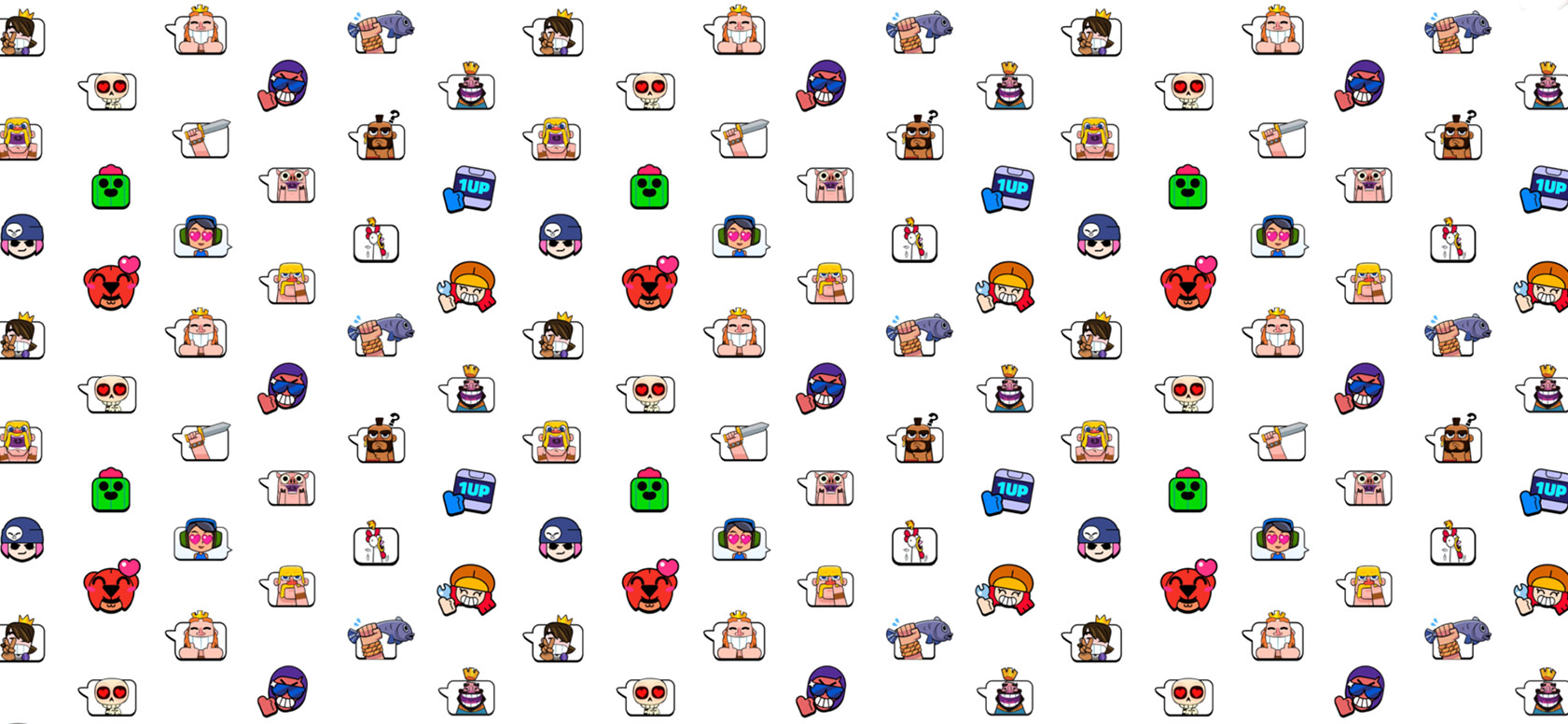

The Next Chapter of Supercell
Supercell’s mission is to create great games that as many people as possible play for years and that are remembered forever. We’ve come to the realization that it is even harder than we ever thought. So, as someone at Supercell told me, we either try to figure this out or change our mission.
by Ilkka Paananen
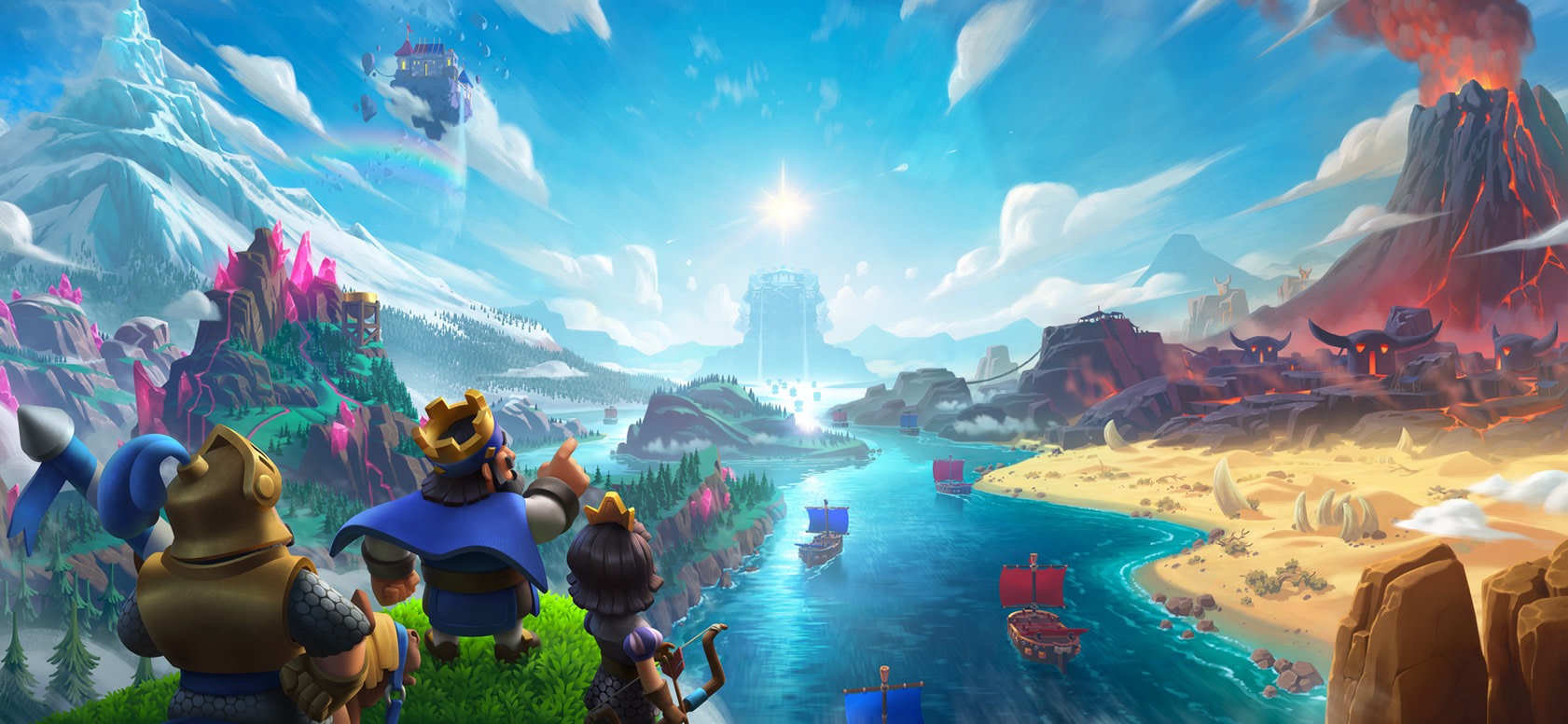
Winter continues in Helsinki, GDC is approaching in San Francisco, Lunar New Year festivities are just behind us. That can only mean one thing, it’s annual blog time!
In past years, I’ve written about what we’ve been up to in the prior year, with a bit of “what’s on my mind” mixed in. This year, I thought I would focus entirely on the biggest topic that’s been on my mind. It is probably the biggest professional challenge I’ve encountered so far. By the way, we certainly don’t have all the answers and solutions -- if you do, please reach out! Here goes.
Supercell’s mission is to create great games that as many people as possible play for years and that are remembered forever.
We repeat this to ourselves regularly. I worry a bit that someone at Supercell might throw something heavy at me if I say it again! It is a crazy, ambitious dream. Feels next to impossible to ever reach it. As dramatic as this may sound, we’ve come to the realization that it is even harder than we ever thought.
You see, for Supercell to thrive and fulfill our mission, we need to both invent brilliant new games (regularly!) and continuously improve those games for our players (hopefully forever!), making something that already is great even better. Doing just one of those two things is not enough. We want to do both.
This feels like a daunting challenge. But, at the same time, as someone at Supercell just recently told me, we either try to figure out how to do it or we need to change our mission. We still believe in our mission, so let's go!
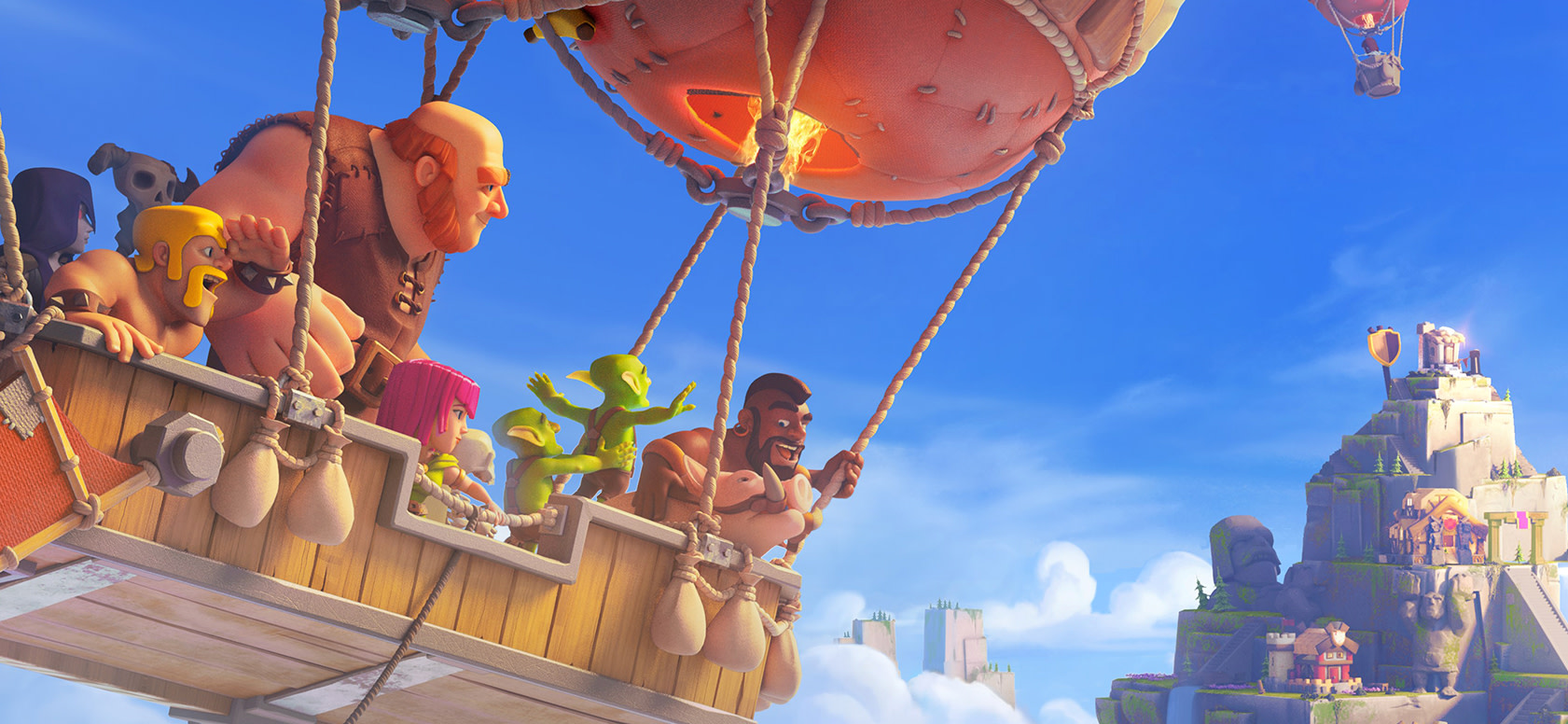
Come on, Ilkka. What’s the big problem here?
In the last 20-ish years, something subtle but important changed in the games industry.
Once upon a time, “all” we had to do was create a great game. Of course, this is a herculean task by itself. However, thanks to World of Warcraft, League of Legends, Counter-Strike, Puzzles & Dragons, Candy Crush Saga, Clash of Clans, PUBG, Fortnite, and many, many other great “forever” games (live service games), we now have TWO simultaneous challenges.
Today, in the case that we manage to create even one great game:
We always have to figure out how to create ANOTHER great new game. (And IF we do, then make it better!)
We have to keep making that first live game better every day, week, month, and year…forever.
I believe this two-pronged problem is the defining challenge for game companies over the next decade. It certainly is Supercell’s. So what makes it so difficult? Let’s dig in more!
Challenge 1: Creating Great New Games, That Have A Shot At Becoming Cultural Phenomena
This industry, that we all love so much, is fueled by brilliant new games, created by fantastic teams in unique moments. Creating a great new game is bottling lightning. At their core, these teams are trying to invent a game from scratch, a game that does not exist yet, that players don’t even know they want yet, but one with which hopefully millions of players will fall in love.
There are many different ways to tackle this seemingly impossible task. Our approach has included:
Assembling small independent teams (“cells”), full of very experienced developers. We trust these teams 100% to build the game they want to. These teams are especially small early on, growing in line with their progress.
Trusting developer intuition, experience, interest and passion over data. “Finding the fun” is not easy. Data can certainly help & inform, but we’ve never believed that following the data will lead to outlier successes. I firmly believe the biggest successes are never obvious in the very beginning. Our big hits certainly have not been.
Leading, not following. Let’s call this an aspiration. At our best, we try not to pay attention to what other developers are making and to avoid making incrementally better versions of other games. Of course, we don’t have a perfect record on this front, but we certainly try. I would suggest that the mobile industry’s slowdown in growth and decline in 2022 is, in part, evidence that more innovative games are needed, including from us.
When this approach works, it leads to success beyond our wildest expectations, with positive secondary effects. We can attract even more great developers to join us. We can attract more players organically (more than 90% of our new users come in organically/unattributed vs. heavy reliance on advertising/UA).
This approach isn’t flawless. We have launched 5 hit games but we have killed 30+, by my latest count. We haven’t launched a new game globally since Brawl Stars on December 12, 2018. I’m not counting, but 4 years, 1 month, and 3 days seems like too long! Clearly we can improve.
I also want to highlight an important dynamic just under the surface. This is something that I had not realized before Supercell had its first hit games. I used to think that creating hit games becomes easier once you’ve “made it” and you have created your first ones. Well, it turns out the opposite is true.
Creating a hit game is really, really hard, and requires a lot of luck too. But what is even harder is repeating this success. From a purely mental perspective, it seems easier to take risks and develop games “when you have nothing to lose.” When our teams were developing Hay Day and Clash of Clans back in 2012, we obviously had no idea how big they could become. We just created the best games we could and put them out. These days, there is a lot more pressure. Of course player expectations are higher, but I think most of the pressure comes from within. Sometimes, I have even thought that it would be easier to develop new games if we had no past successes. Sure, we feel extremely lucky and grateful for what we’ve accomplished in the past, but we need to try our best to focus not on what used to work in the past but what just might work in the future.
Anyway, I believe creating a great game makes it infinitely harder to do it again. I know many people, who have not been as lucky as we have been, would kill to have that problem, but it still bothers me and I am not sure exactly what we can do about it.
I’ve been asking around for some advice on this. Once, I had a chance to talk to a very successful rap artist about repeating success when you’ve had a smash hit or two (or in his case, ten). He said that he has come to the conclusion that all you should focus on is just sitting on your butt, writing the best songs you can write, and “eventually the gods of hit songs will appear and drop the hit song on your lap.” Another time, I spoke to a chef from a world famous restaurant known for their extremely ground-breaking and innovative recipes. He told me that on a regular basis, he shares the recipes with his competitors. He does this to make sure he never repeats himself – it forces him to keep renewing what he does. Sometimes I wonder if any of this could be applicable to games.
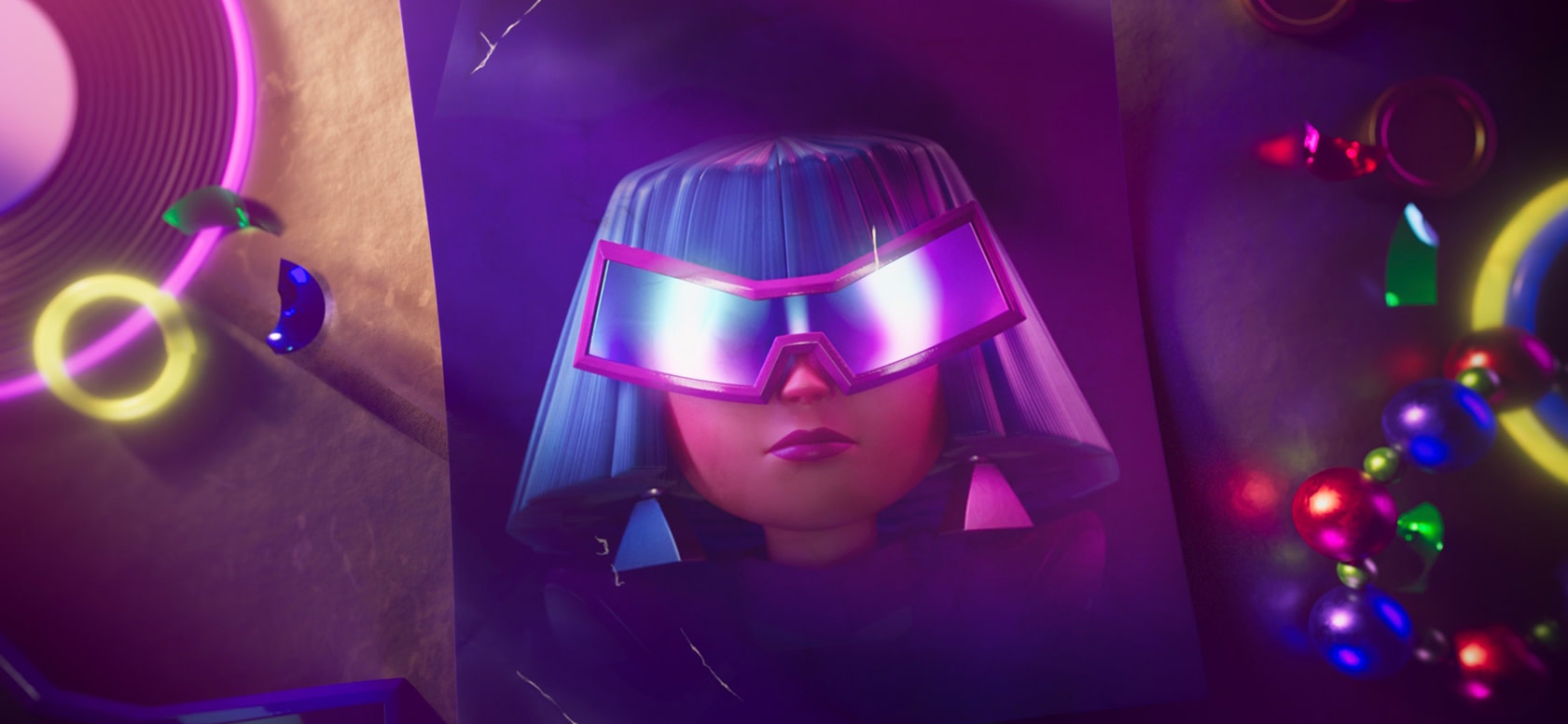
Challenge 2: Serving Players in a Live Game They Love, So It’s Played and Remembered Forever
Once we launch a great new game, I might argue it ceases to be “ours,” and thereafter “belongs” to players that love it. Some may only play for a day, but others may play for a decade. For those players, our neverending responsibility is to make a great game even better.
I could write about our approach, but I prefer to frame all of this as our challenges. It feels more honest, because this is definitely an ongoing process. Let’s start by putting ourselves in the shoes, so to speak, of a developer on a long-running game. Ask yourself: “how can you improve upon something that’s been continually improved for years, maybe over a decade?” It’s an intimidating question.
When I have spoken to our live game teams, they often say that they’re trying to always find the right balance between:
Catering to new players vs long-term existing ones
Predictable changes vs riskier ones
Improve what's there vs add new things
Respecting vs challenging the game's legacy
Of course you are never at the right balance, but you can always try to move towards what you think is the better balance. At its best, the game team tries to:
Deeply understand what players truly want (not what they say they want) and what draws them back to the game for years. Then do things that amplify what people are coming to the game for. This will evolve over time as your players change.
Represent all of the players and improve the game for all players. Ideally, the team should reflect players, including some newbies and some old timers. Some casual players and some hardcore ones. Every group of players should have an advocate in the team.
See the game as the holistic experience it is. The game is not a collection of isolated parts. The team needs to think about how the whole thing works together in order to understand where there are gaps and opportunities.
Have a service mindset. As custodians of the game for the players, team members have to serve player needs. Sometimes this means doing things that aren't exciting, but the responsibility is still to do those things. The team has to find ways to do these routine tasks smarter and easier so they have more time for things that can excite players and developers alike.
As I wrote about last year, a big mistake (my responsibility!) was that, for the longest time, we applied the same thinking on team size to both new and live game teams. Our live teams have grown a lot and continue to grow, but we are still not where we ought to be and we’ll continue to push on this front. There’s a combination of two factors that necessitates scaling a live game team:
As the game gets older, there are more areas that need to be modernised and rethought with fresh thinking for today's players
As the game gets bigger, there are more new things made possible that would be great on top of what's come before
While we are very motivated to improve our approach to serving players, I want to recognize the incredible work by our teams over the past decade. A few recent highlights:
Clash of Clans and Hay Day both celebrated their 10th anniversaries in 2022. Millions and millions of people still play them every day, and many have played them for years and years. Incredible milestones built on top of the achievements of both teams and the many people who were part of those teams, dating back to 2012 (or was it 1982?).
Clash of Clans has generated over $10B in lifetime revenue. Hay Day has exceeded $2B. Both amazing.
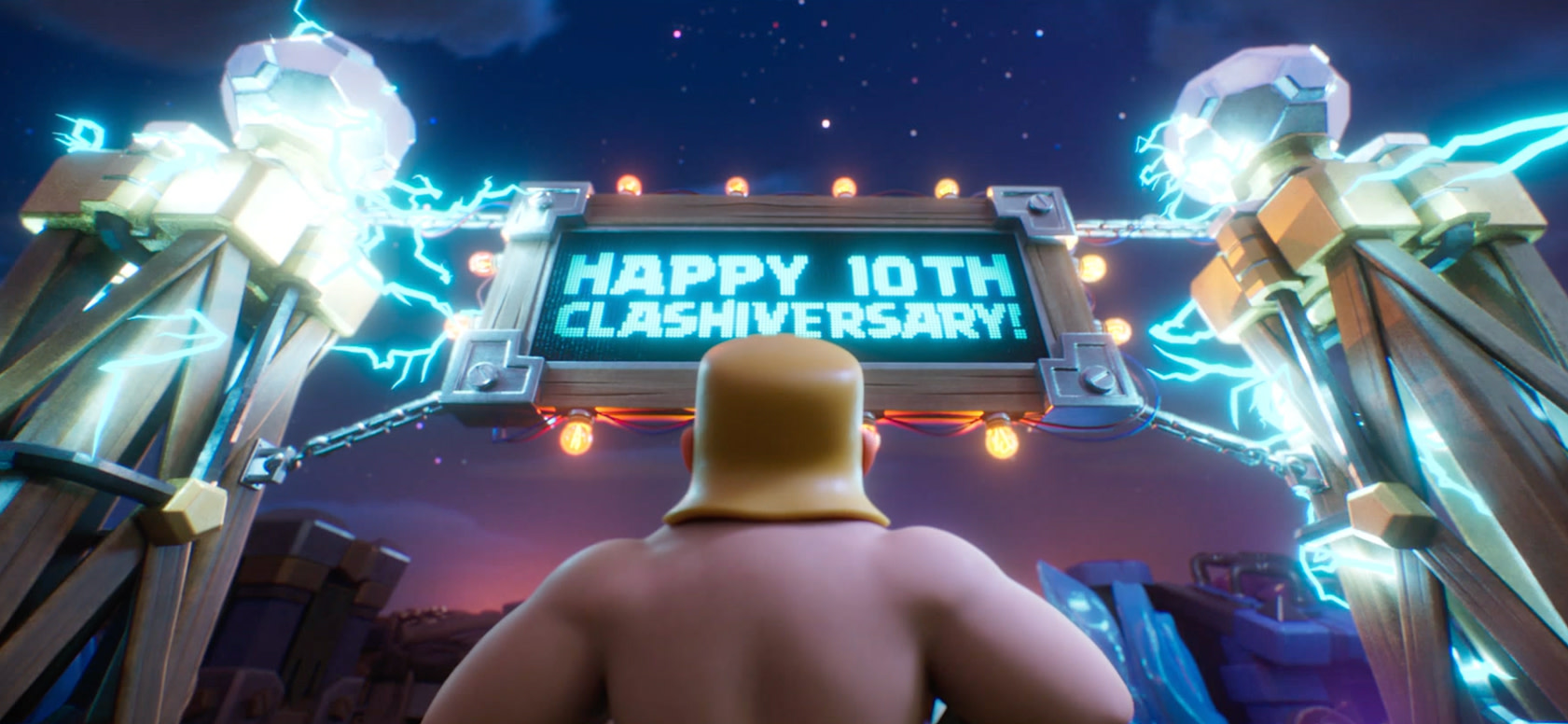
So What Then?
Good question. Let me be upfront: there are more questions than answers at this point. Writing this blog is very timely! Unfortunately, I can’t write how we’re going to solve the two-pronged challenge of destiny. I wish I could! However, I can write about what it might look like when we do?
Ambitious New Games From Ambitious New Game Teams - Armed with New Tech!
Supercell is known today for its mobile games, but perhaps thinking exclusively about mobile is too limiting? We want to make the best new games, period. I imagine mobile will remain our most important platform for the foreseeable future, due to its reach, but maybe we need to draw inspiration from everywhere/anywhere innovation is happening.
As we supercharge our new games development, we want to expand the number of really ambitious developers at Supercell, who can help us level up, dream big, and make things happen. We’ll merge fresh perspectives, experience with different gameplay and technical challenges, with our own experiences and strengths. We have stepped up our efforts here. We are looking far and wide for great programming talent. So don’t be surprised if you see us at a games conference this year - please come and have a chat! :-)
We will improve and expand our internal engine, maybe even to rival third-party engines. It will enable us to make new kinds of games you have not seen from us. And while we’ll still be known for our small teams, that won’t limit what we can do. Despite making great multi-platform games, we’ll figure out how to avoid the pitfalls of traditional PC/console AAA development, maintaining our culture of independence and ownership.
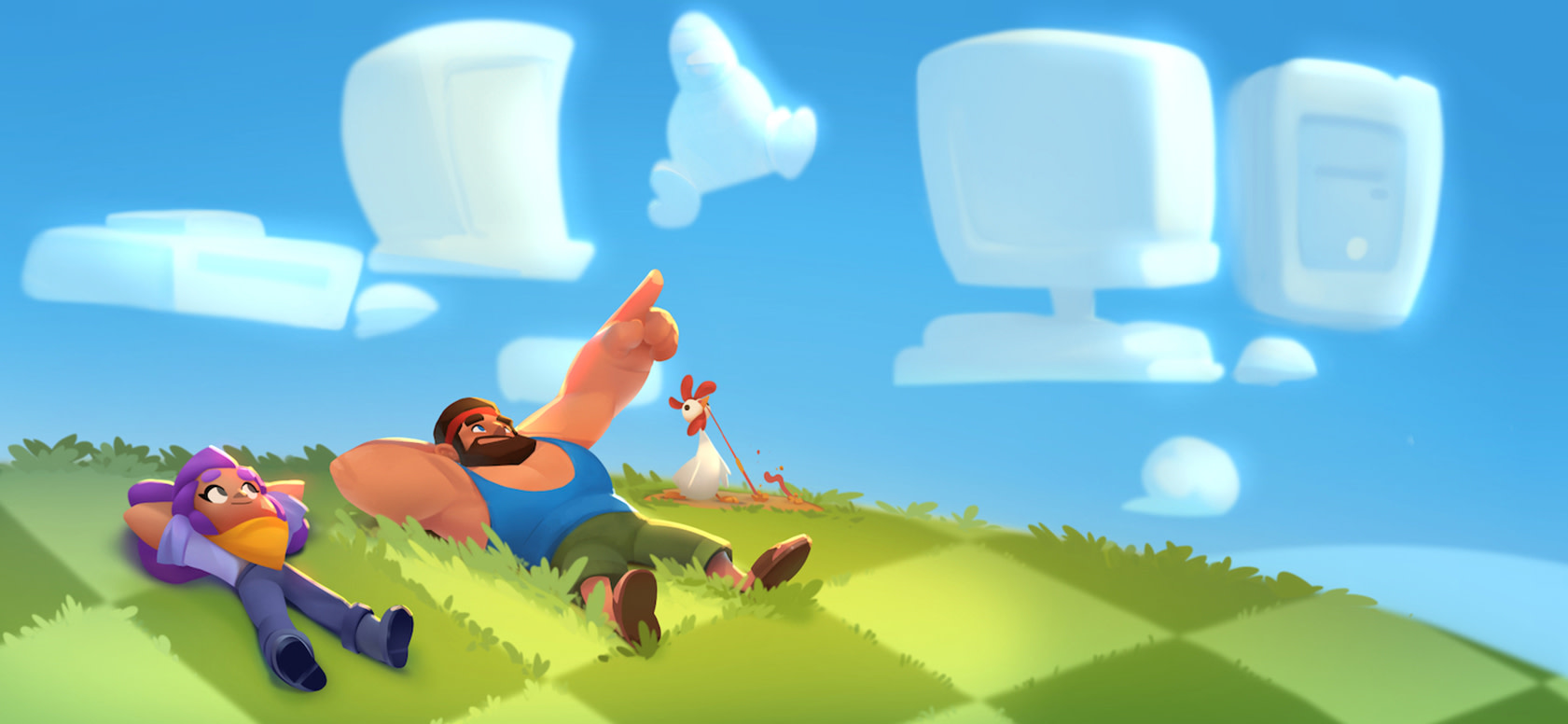
Growing Live Games From Unstoppable Live Teams
One or more of our live games will reach a new peak, in terms of players or engagement or revenue (or at least be heading in that direction).
Those games will be steered by larger teams, unrestrained by anything except what’s best to serve players. Those teams will be built to:
Develop both the fundamentals, expected by players, and new surprises that may or may not work.
Constantly improve development, tools, and workflow so the team can be more productive for players.
Train and grow more new developers to be future leaders and creators.
At their best, these teams are developing and improving games in partnership with players. Their work is always useful & relevant, impacting millions of players daily. These teams will dream of how to make their games bigger and better over time, compounding incremental improvements with each update. Finally, to these teams, it’s always day 1. No matter how long a game has been around, or how successful it has been, they always strive to make it better for existing and future players.
New Ideas & Methods From New Internal & External Teams
We continue to grow in Helsinki, which remains our biggest studio and where our 5 live games were developed. We have 5 new games in development there, with Squad Busters being furthest along. At the time of writing this blog, the game is on limited time closed Beta.
We established our Shanghai Studio in 2018 and North America teams just a few months ago. My biggest message to the developers there: take big risks and be different from our Helsinki Studio. Don’t try to be the 2nd best version of Helsinki. Build something different and additive. I’m excited for them to take up this challenge and can’t wait to see what comes.
We continue to invest in new studios and provide more capital when we see promise. In addition to our 3 internal studios, we now have investments in 15 external companies. There’s plenty to be excited about on this front, but I’ll highlight a few fellow Finnish studios here: Channel37 (PC-first team of great devs), Metacore (makers of Merge Mansion; I can’t wait to see what they do with Everdale), and HypeHype (making a no-code, mobile-first, games creation/sharing platform unlike anything out there).
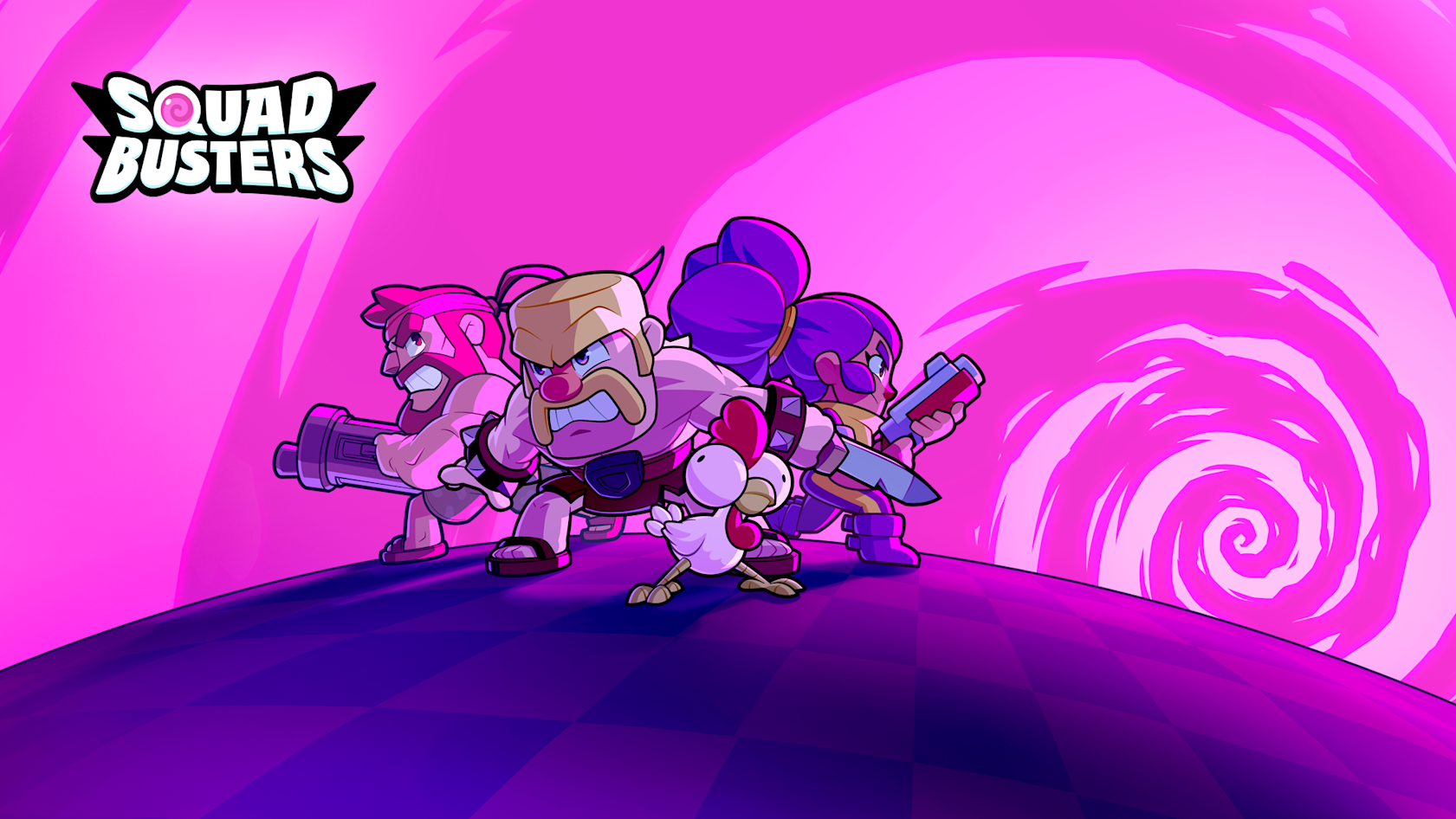
Remote Team Members
For the longest time, we have been an office-first culture. Even in the wake of the pandemic, we returned to 5 days in the office pretty quickly in Helsinki. I think this is reflective of life in Helsinki. Where and how people live and work is unique and there didn’t seem to be any major roadblocks to returning to the office. All that said, we have become a lot more open-minded about this and support hybrid, even fully-remote work to both attract the best people and retain them. Currently, this is focused on our North America studio teams, who are all fully remote right now. In Helsinki, each team thinks slightly differently about this, but overall, many of the teams will move to this direction in Helsinki as well. In fact, starting this month, the first fully remote positions in some of our teams will open up, where it is possible to be fully remote from certain European countries.
Not everyone in the team needs to have 10+ years of professional game development experience
For the longest time, Supercell has been very focused on building small teams of super experienced developers, with 10-20 years of professional game development experience. While this has served us extremely well, and resulted in amazing games, we have realized that for us to build even better games in the future, our teams need to be more diverse and we also need younger talent. By the way, and I want to be very clear about this, this does NOT mean that the bar for the new talent would be any lower. It just means that we emphasize more the level of raw talent, hunger and passion than mere years of experience. This is the group of people who will be integral part of building the next chapter of Supercell.
State of Supercell’s Business
If you’ve read one of these posts before, you might recall that Finnish law requires us to publish our annual financials. I will once again add them here with some commentary.
We view our financial performance as an outcome. If we are able to make great games and serve our players really well, the value that we create will also show in the financials. So we don’t focus on the financials. We focus our attention on our players and games – creating value. In a way, the financial results are somewhat of a mirror. They don’t tell us how to improve. They just reflect back to us that we can improve. We’re focused on improving on the two different challenges I just outlined.
So this is what our 2022 looked like from financial perspective:
Revenue €1.77bn (-6% compared to previous year)
EBITDA €632m (-14% compared to previous year)
We paid €132m in corporate taxes
A few additional pertinent notes:
According to Newzoo estimates, the mobile games market overall declined for the first time, at ~-6.5%. This is due to multiple factors, including “hangover” from accelerated pandemic-years growth and impact of Apple’s App Tracking Transparency. Note that these are not Supercell-specific factors or even apply to us that much (e.g., we are not heavily dependent on UA, which was negatively impacted by ATT).
In 2022, we decided to remove our games from Russia and Belarus, consistent with sanctions issued by EU and Western countries. This was an important, difficult decision as we had millions and millions of players in those countries and we also employ colleagues from Ukraine and Russia. Naturally this decision impacted also our financials but it was still the right call to make.
Supercell EBITDA decreased more than revenue did, due to increased investments in our future, some of which have been discussed in this post.
Supercell’s financial strength positions us to make big investments in the future and to truly think long-term. In an environment where many great developers across the industry are facing cost-cutting and layoffs, we are very lucky to be able to continue to build and invest.
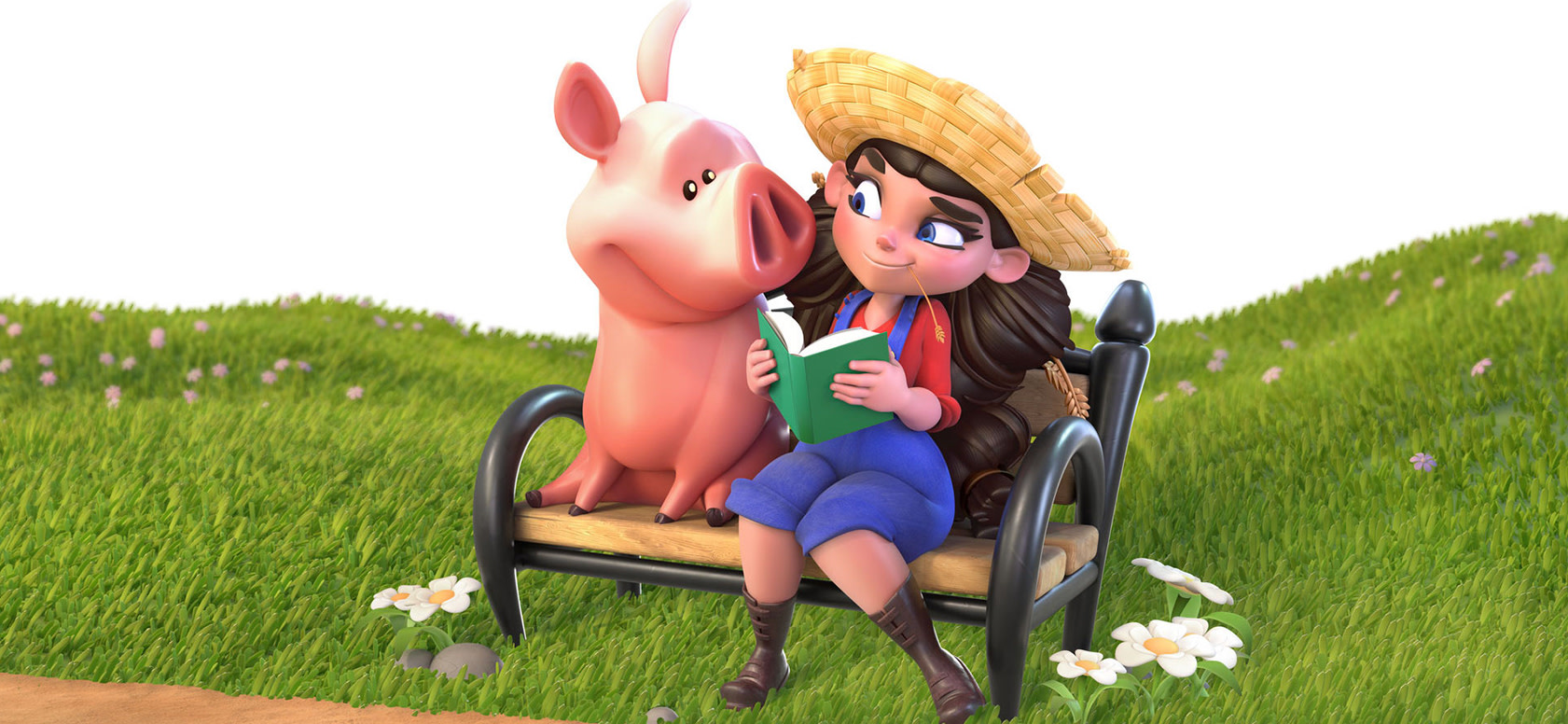
What’s Next
We have always wanted to build Supercell to outlast any one of us here. We dream for Supercell to be a company that makes creative, innovative, memorable games that bring millions and millions of players together. That’s why we kill so many of our own beloved games. We need to take bolder, bigger creative risks with our games.
And why not? We have a limited time on this planet to dedicate productively/professionally, and we should spend it doing something of (relative) importance. We don't cure disease, so we might as well try to make something of (relative) historic value. Something new, different, delightful, and worthy of being talked about and remembered with love. Important games such as Pong, Doom, Mario, Zelda, Madden, FIFA, CoD, Starcraft, The Sims, WoW, Minecraft, League of Legends, Fortnite, etc. Games that ought to be remembered forever.
The challenge outlined in this post is exciting and scary. To achieve our mission, I cannot imagine a more fascinating challenge to solve. I’m honestly grateful for the opportunity to tackle it together with everyone else at Supercell. Evolving Supercell won’t be easy. It will require a very open, curious, and bold mind, not being afraid of change. With all the amazing people at Supercell, I think we have a really good shot.
This will define the next chapter of Supercell and I could not be more excited about it. Thank you to all of our players and the entire community. We will try our best to become better, that’s the least we can do for you.
